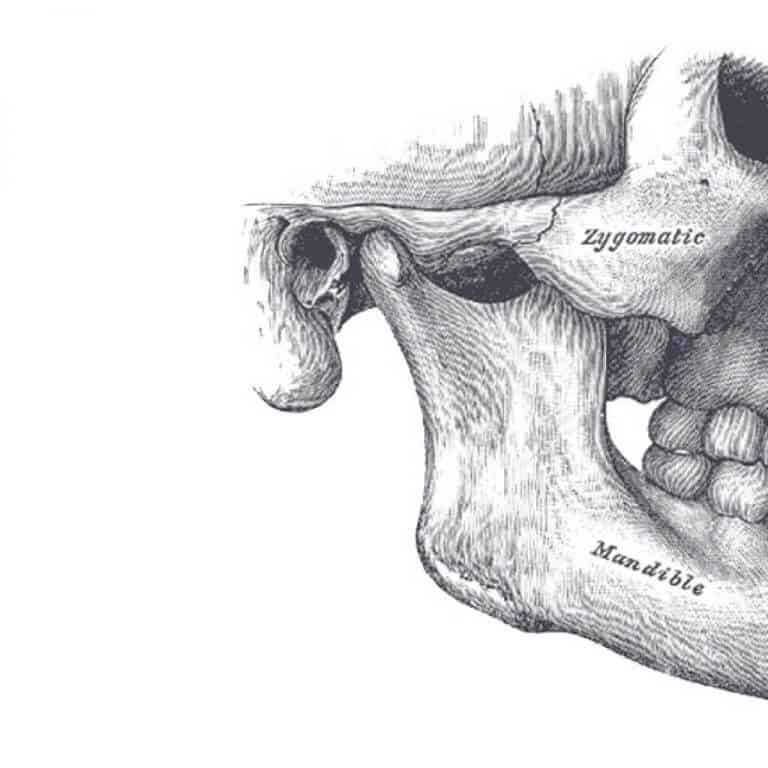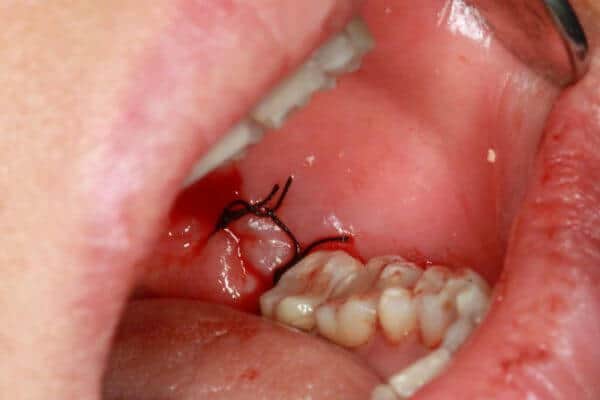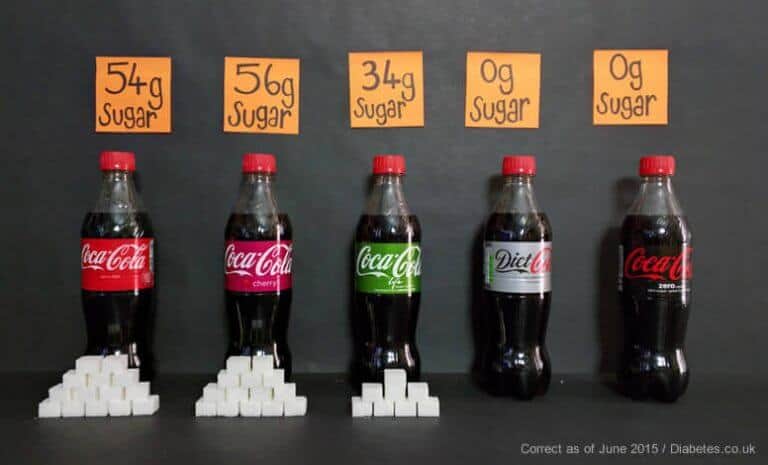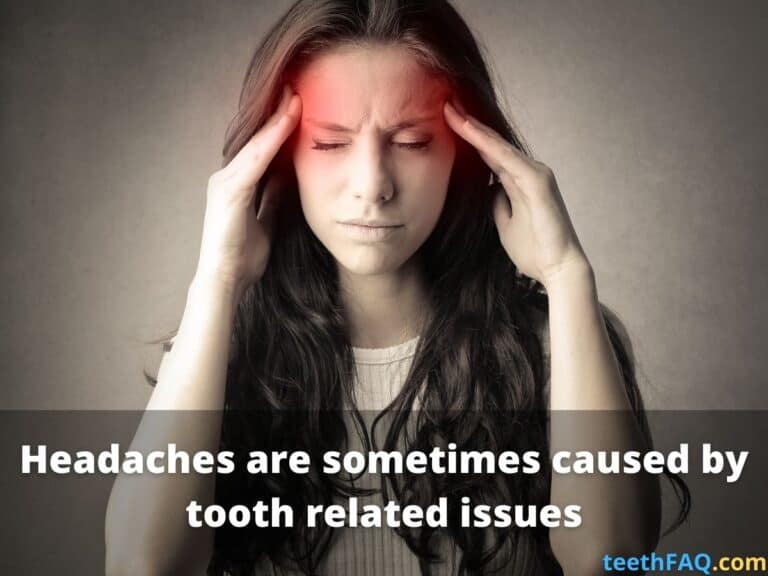How Long Does a Teeth Cleaning Take?
We’ve all brushed our teeth and spent a bit of time assessing our teeth in the mirror, only to notice a few areas with buildup. Visiting your dentist or a dental hygienist to remove plaque and tartar from your teeth is perfectly normal, even if you brush your teeth regularly. For this reason, everyone should make a routine visit to the dentist twice a year.
Oral diseases are common among non-communicable diseases, and WHO states an oral disease can be very painful, may cause disfigurement, and could even result in death.
Because dental treatment is expensive and not often covered by universal health insurance, people tend to put off this kind of medical care. Oral health issues can lead to problems in other aspects of your health, like mouth and gastrointestinal problems.
If you’re planning on getting your teeth cleaned, you probably want to know how long it will take.
A teeth cleaning can take anywhere between ten and 30 minutes, but there are other parts of your dental checkup that will take up some time, too.
How Long Does a Teeth Cleaning Take?
The cleaning itself typically takes about as little as ten minutes up to 30 minutes. Other parts of your dental checkup might take more time, which means your entire visit to the dentist should be between 30 minutes and one hour.
A dental cleaning is a preventative service, but there are also diagnostic services that can happen during the same visit. Diagnostic services include examination for potential problems, such as:
- Gum disease
- Oral cancer
- Tooth decay
- Problems with chewing and biting
When you go to the dentist for a cleaning, the dental hygienist will examine your gums and teeth to ensure you don’t have gingivitis, cavities, or other oral health problems.
Depending on what the hygenist sees during your cleaning and exam, you might need to have X-rays taken as it helps the dentist see through the gum line to the roots of the teeth. They can diagnose deeper problems like abnormalities, cysts, tumors, and unusual shifts in tooth position by taking an X-ray.
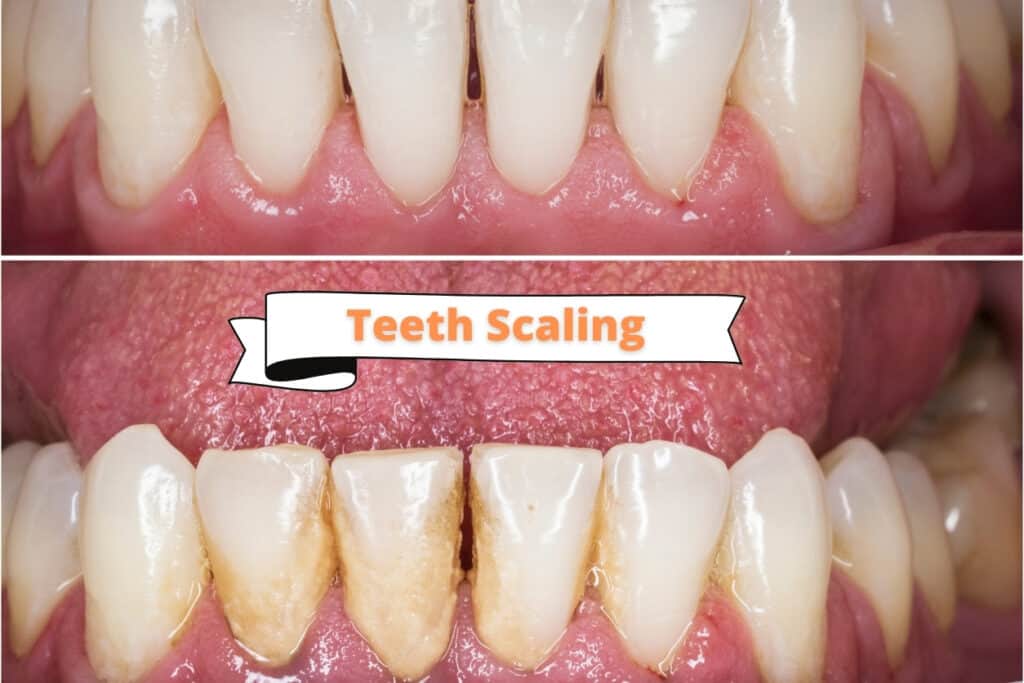
What Happens During a Teeth Cleaning?
Teeth cleaning is a preventative measure to improve your overall oral health. A teeth cleaning isn’t a treatment for oral disease but a procedure that prevents you from getting an oral disease in the first place. Dentists recommend that you go to the dentist for professional teeth cleaning about twice a year.
Preventative dental services focus on maintaining the health of your teeth. These services include:
- Removal of tartar and plaque
- Polishing
- Fluoride treatment
- Sealants
- Stain removal
- Denture maintenance and adjustment
A dentist or oral hygienist’s primary job is to remove built-up tartar and plaque from your teeth during a teeth cleaning procedure. Regularly going for this procedure will prevent you from developing cavities, bleeding gums, or other dental problems. The dentist will usually use a few specialized dental instruments to scrape away tartar and plaque.
After removing the plaque and tartar, the dentist or oral hygienist will do other routine dental maintenance, like polishing your teeth with a prophylaxis paste and flossing your teeth.

Why Do I Need to Have My Teeth Cleaned?
Teeth cleaning is a significant part of preventative oral care, and you should get your teeth cleaned regularly every six months or so to keep your teeth healthy. A lot of people don’t go to the dentist for cleanings because they brush and floss regularly. Unfortunately, brushing and flossing can’t keep all plaque and tartar away, as it remains on your teeth even after brushing.
The saliva in your mouth creates calcium deposits on your teeth, which can become tartar over time. The presence of tartar encourages bacterial growth. Because you can’t usually see tartar, you need a dentist to remove it for you. A professional teeth cleaning removes stubborn plaque, stains, and tartar that can only be removed by a professional with the correct dental tools.
In addition to maintaining your teeth, dentists also perform diagnostic services to detect problems you might be having with your teeth or gums. A lot of these problems are hard to diagnose on your own.
Oral diseases don’t just affect your mouth and can negatively impact other systems in your body. Periodontitis is one of these dental diseases, and it causes inflammation and often occurs at the same time as cardiovascular disease. Although periodontitis and cardiovascular disease are linked, it’s difficult to say whether one causes the other or not.
Oral disease also serves as an early sign of other health problems. According to the ADA, people with systemic diseases (conditions that affect the whole body) often suffer from oral health problems. Diabetes, Aids, various infections, and nutritional deficiencies also affect the mouth.
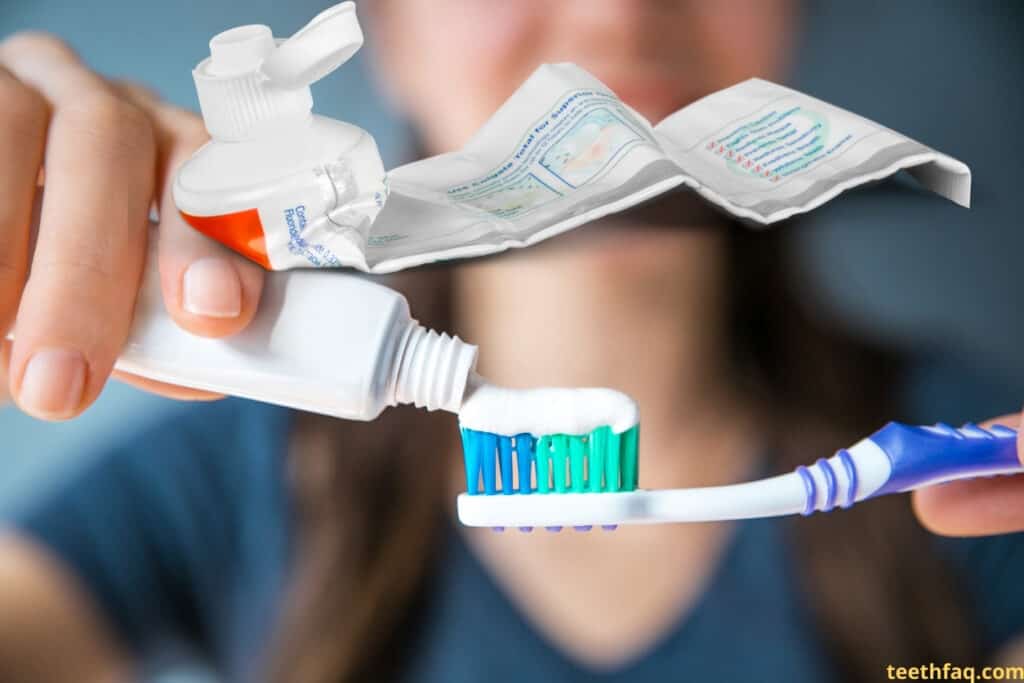
How Often Should I Get My Teeth Cleaned?
Most dentists recommend you get your teeth cleaned once or twice a year. A dental professional can remove accumulated plaque and check your teeth and gums for signs of cavities or oral problems. Even though dental cleaning might be expensive, it’s necessary if you want to avoid serious oral health problems.
It is also essential that you maintain proper oral health at home. A dentist can help you with stubborn calcium deposits, but the day-to-day maintenance of your teeth is entirely up to you. Brush your teeth twice a day and ensure to clean thoroughly. Floss your teeth once a day, and use an antimicrobial mouthwash if your dentist recommends it.

Open Wide
Even if you brush your teeth regularly and thoroughly, you still need to go to the dentist once or twice a year for a dental professional to clean your teeth. Dentists and oral hygienists can spot plaque and tartar buildup and remove it with specialized dental tools. You can’t deep clean your teeth like that on your own.
Don’t wait to go to the dentist until you have a serious health problem. Most dental treatment is preventative services to maintain those pearly whites. In the long run, preventing oral disease through regular teeth cleanings is definitely worth it, both for your oral health and your wallet.



